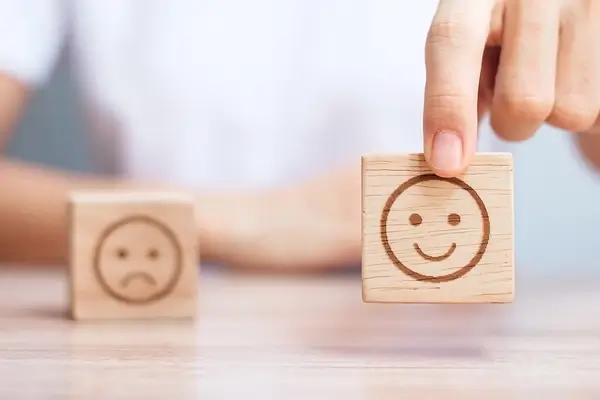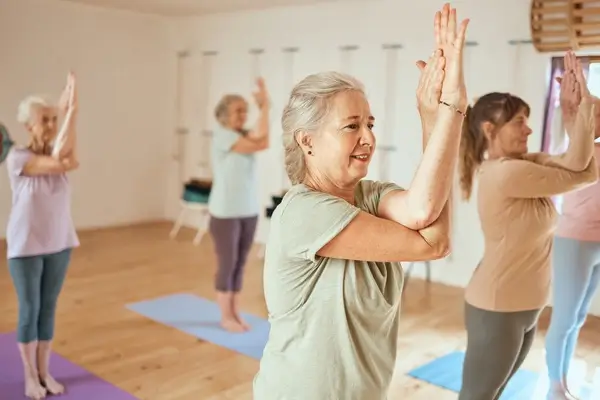
Mental Health Awareness Week
To mark Mental Health Awareness Week this month (15th – 21st May) we have got together with our Physiotherapists to talk about chronic pain and how we can lessen the impact this can have on our mental health.
Studies have shown if not managed correctly, the stress of chronic and persistent pain over a long period of time can lead to feelings of depression, loneliness and anxiety. If your chronic pain is negatively impacting your concentration, ability to work, relationships with loved ones, or your sleep, it’s time to take steps to protecting your mental wellbeing.
Sleep
When experiencing chronic pain, sleep can be significantly interrupted. A reduction in sleeping hours and lack of good quality deep sleep (REM sleep), can have a detrimental effect on mood, so having a plan to manage this can make a significant change to mental health.
Our Physiotherapists have some tips on sleeping positions that may help if your sleep is disturbed by hip or knee pain:
- Hips – Side sleepers should lie on the hip that isn’t painful, and place one or more pillows between the legs. When lying on your back, place a pillow or rolled-up blanket beneath your knees and possibly another under the small of your back but make sure your back isn’t too arched as it can cause back discomfort
- Knees – When sleeping on your back, place pillows beneath your knees. When sleeping on your side, place one or more pillows between your knees.
Note: A pillow placed under knee for prolonged periods of time may make it more difficult to straighten the knee later, as the posterior knee structures adapt to being shorter and less flexible.
- If possible, take a short walk or take a bath before going to bed, this can help relax your muscles
- Read a book or listen to music before going to bed and switch off screen time from tech an hour before you sleep.

Exercise
Exercise is a great way to improve mental health but chronic joint pain can limit your mobility. You may lose confidence with knowing what you can and can’t do when it comes to fitness and feel anxious about making the pain worse.
Osteoarthritis is a common condition that can be seen to limit exercise, here is what our Physiotherapists recommend:
- Gain support from a physiotherapist to tailor an exercise programme. Many personal instructors or class instructors have knowledge and understanding of osteoarthritis
- The static bike, with a high seat and low resistance can provide a fitness option for osteoarthritis
- The cross trainer, using the principles of pacing, is low impact and can be an option at the gym
- Using strengthening apparatus under supervision to improve quadriceps, hamstring and gluteal strength and help
- Hydrotherapy and aqua-fit are great ways to reduce joint loading during exercise and there are usually sessions available at a local swimming pool
- Pilates or other low-impact workouts that utilise elastic bands or free weights can be the answer for chronic pain too.
Physiotherapists are trained to help you find ways to exercise with any chronic pain so it’s the perfect place to start if you think fitness will help keep the mental health in good order.
Complimentary therapy
Complementary therapy is something that you can use alongside conventional treatments like painkillers etc. Acupuncture is based on traditional Chinese medicine where thin needles are placed on meridian points across the body to relax irritated nerves and lower inflammation. It can help you relax, and encourage better sleep.
Speak to someone
If you feel like you’re struggling with your emotions, speak to someone, it could be your GP, family, a friend or even a neighbour. Our physiotherapists recommend the following organisation to help with mental wellbeing and chronic pain:
Don’t let your pain rule your life, it’s important to show yourself some compassion and live the life you deserve.





